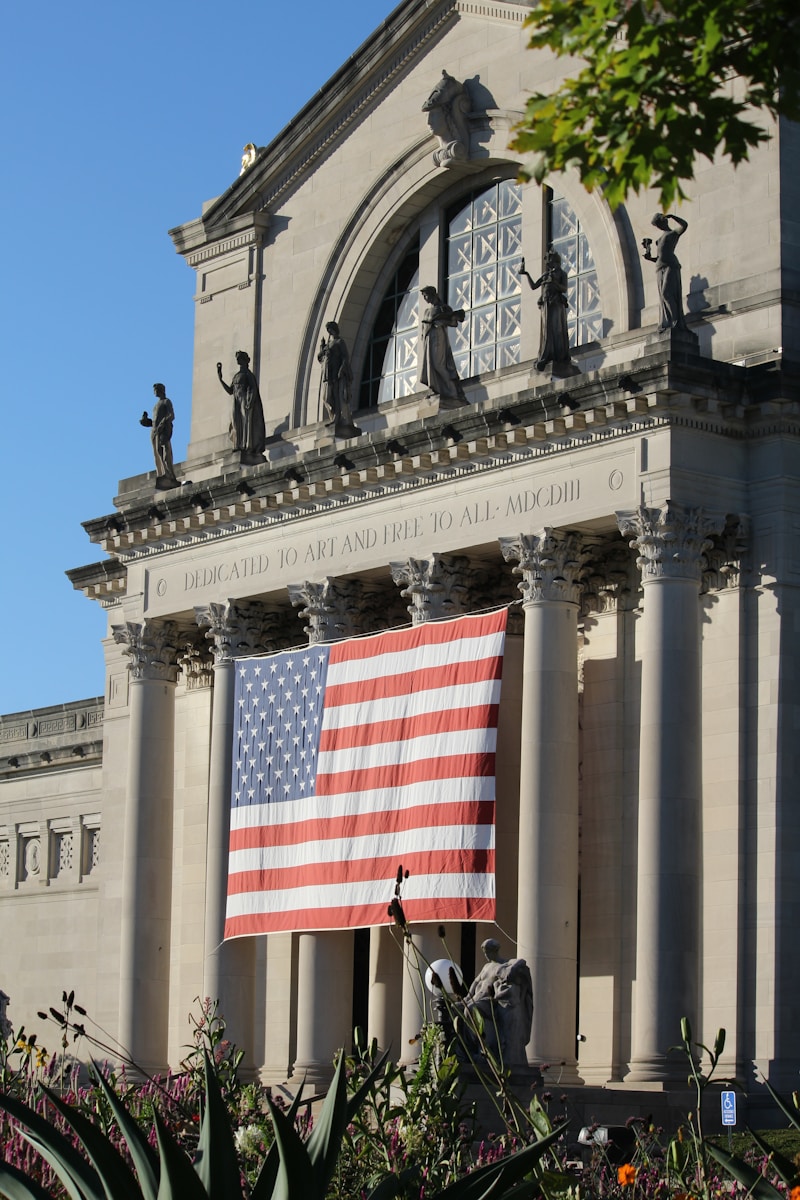Key takeaways
- White House orders Smithsonian review for US 250th
- Goal to highlight American exceptionalism and remove divisive content
- Critics warn this effort erases important historical voices
- Comparisons to Orwell show risks of controlled narratives
- Experts say open dialogue ensures accurate history
Why history matters
History shapes how we see ourselves and our nation. When we learn about past struggles and triumphs, we gain context for today’s challenges. Multiple viewpoints deepen our understanding. They show that history is not a single story but a tapestry woven from many threads. In free societies, people debate, question, and revise historical accounts. This process moves us closer to the truth. When one group controls the narrative, it risks silencing other voices. That creates a one sided history that fails to reflect reality. It also limits our ability to learn from past mistakes. As a result, decisions about our future may lack full context. Open discussion and diverse perspectives help guard against such dangers.
The Smithsonian review
In mid August 2025, the White House told the Smithsonian Institution to review its exhibits and collections. The goal is to remove anything that seems divisive or partisan. Instead, the review aims to promote a celebratory view of American history. Officials say they want to mark the 250th anniversary of the nation. They argue that museums should focus on American success and unity. However, critics see this move as an attempt to erase hard truths. They worry that the review will strip away stories of marginalized communities. Such stories include those of enslaved people, civil rights activists, and immigrant groups. Critics argue that omitting tough chapters will paint an incomplete picture of the nation’s journey. In turn, young learners may not grasp how social change really happens. By contrast, a full account shows how progress emerged from conflict and debate.

Orwell and control of the past
Writer George Orwell warned about controlling history to serve power. In his novel, authority figures rewrite past events to match their changing policies. He noted that whoever controls the narrative of history also controls public opinion about the present. In his view, truth survives only when people can speak freely and challenge official accounts. Orwell imagined a world where history vanished down memory holes whenever it clashed with official claims. He feared that censorship would leave citizens unaware of alternative perspectives. That fear echoes today as some leaders seek to adjust exhibits and artifacts. If we accept only a glowing tale of national origins, we risk repeating past errors. We also deny younger generations the chance to learn from those errors. Therefore, preserving full accounts matters more than ever.
Erasing counternarratives
Efforts to purge certain historical references have already begun in various government agencies. For example, some websites briefly removed details about the Enola Gay aircraft. Others deleted information about key figures like Harriet Tubman. Public outcry forced officials to restore most of the lost content. Yet these episodes illustrate how easily records can disappear. At the Smithsonian, staff altered exhibit labels that mentioned the two impeachments of a former president. They offered a new text that critics say trims inconvenient facts. The institution denied bowing to political pressure, insisting the changes met museum standards. Nonetheless, observers see a pattern where history gets edited to avoid discomfort. This process mirrors Orwell’s fictional memory holes. When institutions remove or rewrite content, they shape what visitors learn. They also signal which stories hold value and which do not. Over time, selective editing can narrow our view of history.
Risks of a single narrative
A history focused only on triumphs lacks depth. It also denies the role of struggle and dissent in shaping progress. Social reform often stems from voices that challenge the status quo. If society labels these voices as divisive, it risks stifling change. Moreover, students may lose critical thinking skills if they never encounter tough debates in historical context. They might accept a sugarcoated past as complete truth. That can fuel ignorance and division when real world problems arise. In contrast, learning about conflict teaches resilience. It shows how groups have united to overcome injustice. Therefore, history education should include both pride and critique. This balance fosters informed citizens who can engage in healthy debate and drive future progress.
Lessons for the future
As the nation nears its 250th birthday, this moment offers a chance for honest reflection. Museums like the Smithsonian can encourage critical dialogue by showcasing diverse experiences. They can host forums where visitors discuss complex topics. They can also rotate exhibits to highlight local and lesser known histories. Such steps create a dynamic learning environment. They also honor the many people who built the nation. Furthermore, embracing multiple narratives reinforces democratic values. It reminds us that freedom of expression protects all voices. By contrast, top down control of museum content undermines those values. It risks turning public spaces into platforms for a single viewpoint. Ultimately, a richer history sparks curiosity and empathy. It equips citizens to confront challenges in a truly informed way.
Conclusion
Reviewing national museums for balance and inclusivity can strengthen democracy. History is best served when we include all voices and viewpoints. As Orwell warned, controlling the past threatens our ability to shape a just future. The Smithsonian’s review thus carries great responsibility. It can either narrow the story or expand it to reflect the full American journey. By choosing openness over censorship, we honor the nation’s complex history. We also empower future generations to learn from both triumphs and trials. In this way, we ensure history remains a tool for understanding rather than a weapon for control.

